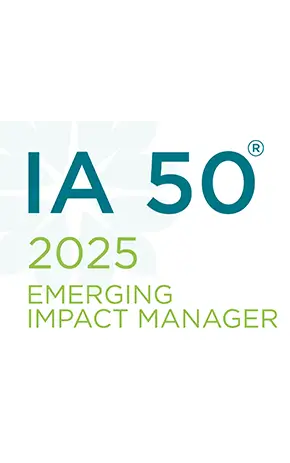We see our Sustainability Reports as more than disclosures - they’re moments to reflect, engage, and remain accountable. Each year, we share how we integrate ESG principles across our operations, investments, and industry engagement, guided by our strategic sustainability framework.
Our 2025 report marks an important milestone, reflecting not only on the past year but also on the significant progress we've made since our inception in 2020. It showcases our growing achievements in financial inclusion, gender equity, and climate resilience, while underscoring the increasing relevance and impact of our investment mandates. Through concrete metrics – such as staff growth and expanded borrower outreach – we demonstrate the strong momentum we’ve built.
A special highlight this year is the launch of our Gender Strategy Toolkit, a free and practical resource designed to support financial institutions and other stakeholders in advancing gender-lens investing. We also share how we supported an African SME in accessing climate finance - illustrating how our investments can unlock funding for locally led adaptation solutions. These efforts reflect our broader commitment to enabling meaningful and lasting impact.



